Elephants often get bad press. At their worst, real ones eat hordes, damage landscapes, pull up trees and behave aggressively towards each other and humans if the matriarchal system has broken down.
In our teams and workgroups, virtual elephants get bad press too. We talk about “an elephant in the room”, as a code for a problem or difficult situation which people do not want to talk about.
In one client organisation, the senior leader not only wanted to name the elephants in the room, but talked about the need to kill them too. It got a laugh, but also got me thinking about our use of language, even when it was meant as a joke. Must we either avoid (not mention the elephant) or go head on (eliminate them); are these the only two options available to us, when we need to engage with difficult things?
In Botswana last year we had the privilege of watching an elephant swim across the Chobe River, to move from the dry woodland on one side to the green and lush floodplains on the other. The motivation of the elephant was unclear, whether it was joining its herd, targeting grass to eat or both. It was quite a small elephant and so we assume young, and it took quite a few minutes to cross, surrounded by boats and photographers in every direction.
The elephant’s decision took us by surprise. It was on its own, and then suddenly in the water, moving slowly, getting out of its depth. One moment later, and then quite clearly, it started to swim with its legs moving sideways! It was something new for us to observe; the elephant had quite different body movements in water than on land!
Crossing the river we saw a number of positive qualities in the elephant – determination, perseverance, strength, skill, calculated risk taking and a very clear sense of both destination and purpose. It was exciting, eye opening and in some way affirming of the elephant’s choice and autonomy as we watched this experience from start to finish.
Moving back to the workplace, what if, in our teams, we did not want the elephant in the room, but wanted the progress and achievement of the elephant in the river? How would we need to behave, and what would we need to learn?
We would need:
- to learn to swim, rather than avoid, eliminate or fight
- a direction – to know where we were going
- a notion of where or what the other side was, i.e. a concept of what the lush flood plains are for us
- to be able to get in the river and to be confident grappling with variations in currents, flow and depth of water, and to be able to adjust our course against our desired result
- to be a co-ordinated body, using our legs, body and trunk together to achieve our goal
- to maintain focus – there is no point in giving up half way – we do not reach the goal and can end up in a place worse off than before
- to avoid distraction – the equivalent of the boats, tourists and photographers
- to be realistic about risk and danger, to know what true risk and danger is for us, (in this case, is it a crocodile?), however it might seem to others.
Whether you are the observer of the elephant, or the elephant itself, where are the swimming lessons to help you learn how to swim, so that you are ready for your next river?
Could I be your tutor and help you and your team learn how to swim like an elephant, rather than spend your entire time avoiding mentioning them by the name?
I love to help leaders and their teams find the impossible possible, to develop a pathway to a goal, and to develop the skills, attitudes and beliefs to achieve it.
Here’s the choice: What will help your team move forward to your collective goal – the frustration of the elephants in the room, or the positive qualities of elephants in the river?
If this blog has prompted you to seek a conversation with Gill How to see how she can help you move forward with your team and goals, contact her here.
Photo Credits: Martin How

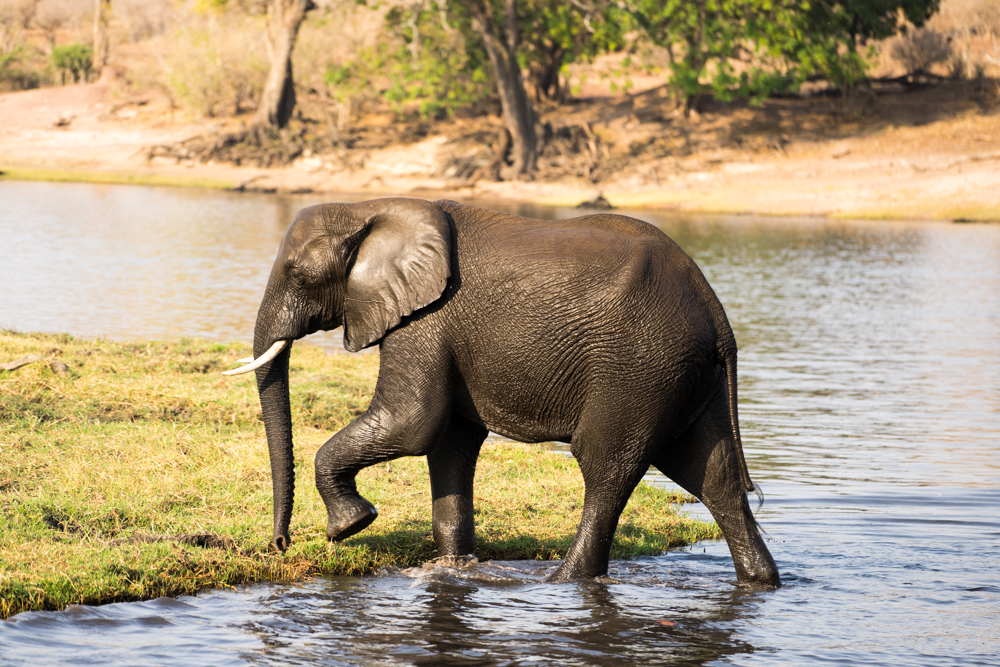
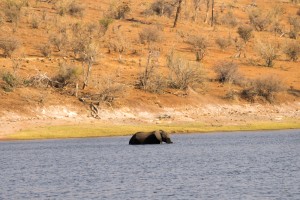
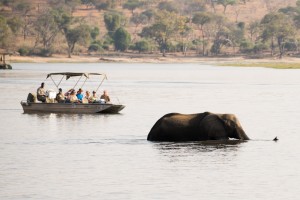
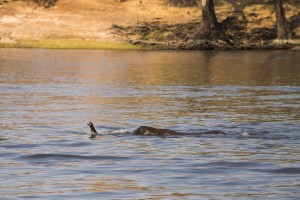
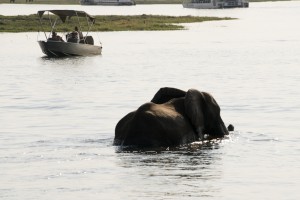

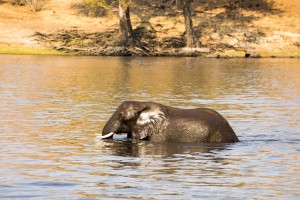





As ever, Gill, interesting food for thought.
>> We would need:
>> •to learn to swim, rather than avoid, eliminate or fight…
I would put all of this another way and say “What matters to the elephant?” [= What matters to the customer]
Thank you David – I love your perspective – your interest in systems thinking coming out again! What an obvious one – taking it to the customer!